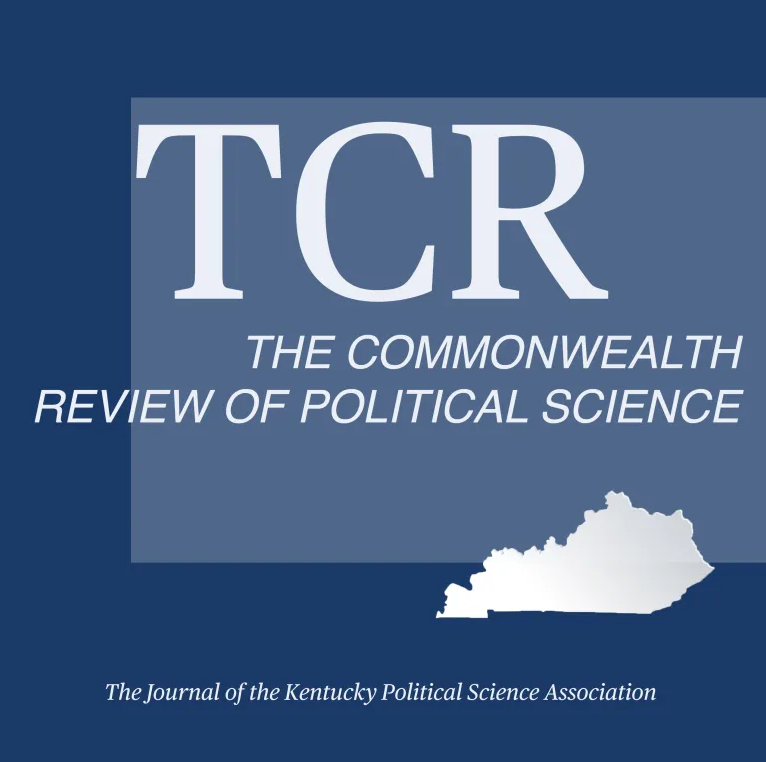Commonwealth Review of Political Science

A Personal Touch: Intergovernmental Organizations and the Mechanism for Mayor-to-Mayor Relationships
Abstract
Much of the research on intergovernmental cooperation starts with cities that are already in a relationship or are co-participants in an intergovernmental organization and then look at which relationships get developed into cooperative agreements. In this article, four potential methods by which local officials might form those precursor relations are tested. First, cities work within a network context where intergovernmental organizations might matter for several reasons. The intergovernmental organization might reflect similarity in the organizations, called homophily. Second and third, existing intergovernmental organizations may matter directly by serving as a social focus, or a Tertius Iungens. Finally, the professionalism of local government could lead to intergovernmental contact. This study uses a statewide network of Kentucky officials (mayors) and intergovernmental organizations, in two periods (2011 and 2015), to show that shared intergovernmental institutions and mayoral intergovernmental participation predicts inter official relationships. Shared characteristics of cities and physical proximity do not predict communication.
Recommended Citation
Howell, Matthew L.
(2024)
"A Personal Touch: Intergovernmental Organizations and the Mechanism for Mayor-to-Mayor Relationships,"
Commonwealth Review of Political Science: Vol. 7:
No.
1, Article 2.
DOI: https://doi.org/10.61611/2994-0044.1052
Available at:
https://digitalcommons.murraystate.edu/crps/vol7/iss1/2
Included in
History Commons, Political Science Commons, Psychology Commons

